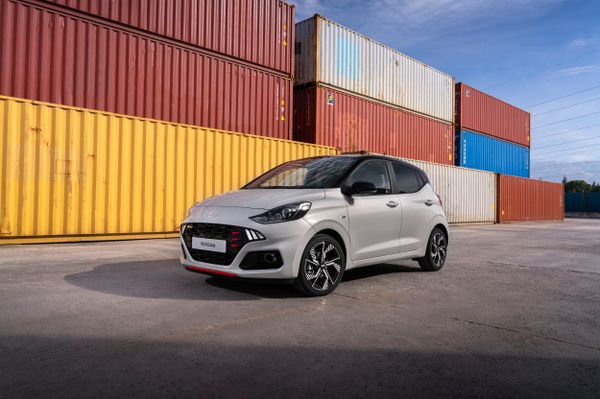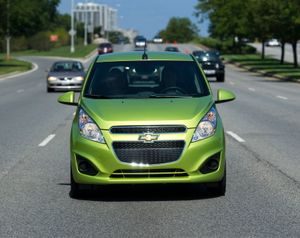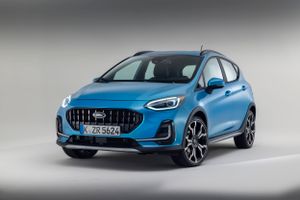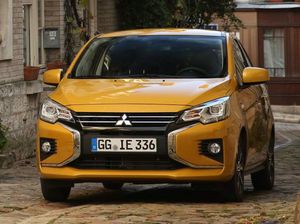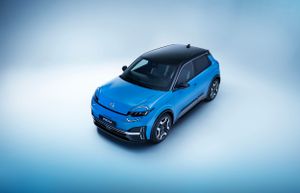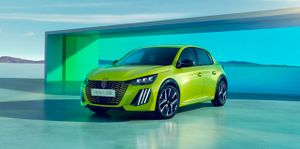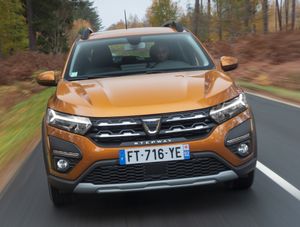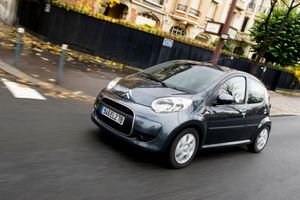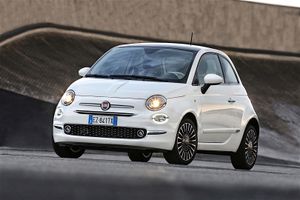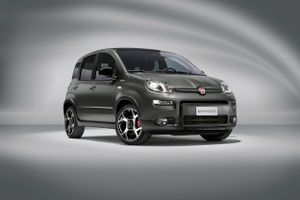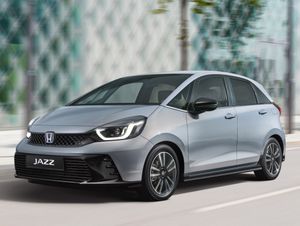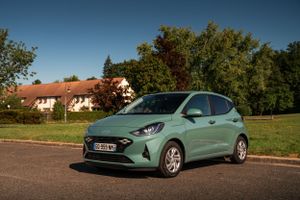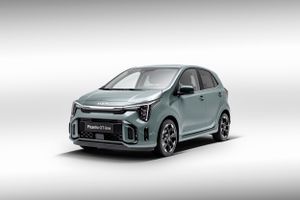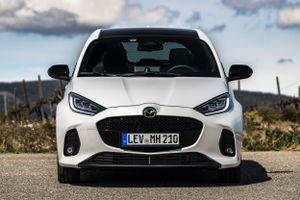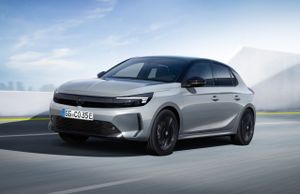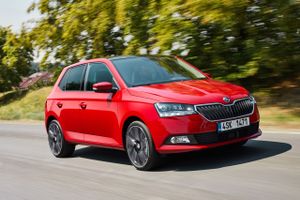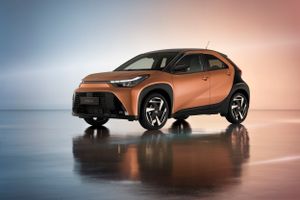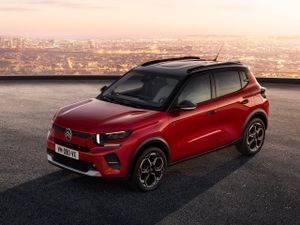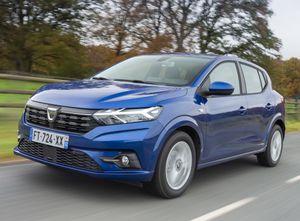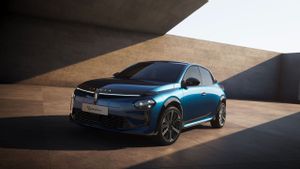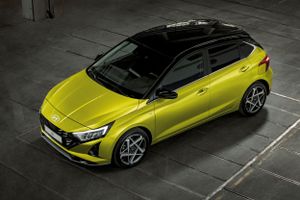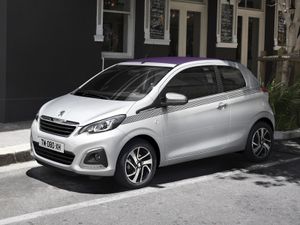Comparison of Dacia Sandero and Hyundai i10
Comparison of Dacia Sandero and Hyundai i10
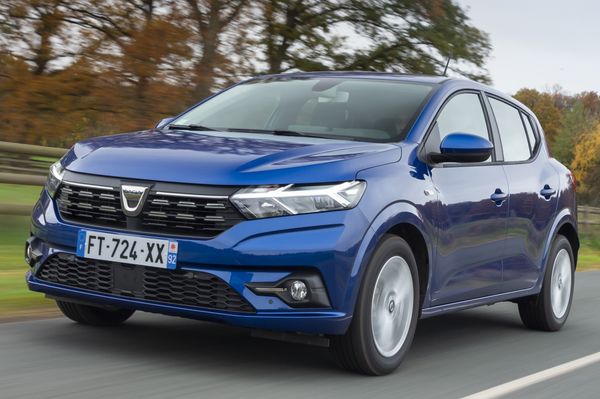
Dacia Sandero
Price not determined
No one is selling yet
Characteristics
Dacia Sandero and Hyundai i10
Transmission
Variable
Manual
Number of gears
5
Type of drive
FWD
FWD
Top speed
169 km/h
171 km/h
Acceleration to 100
13.4 sec
12.6 sec
Fuel tank capacity
50 l
36 l
Curb weight
1 087 kg
1 010 kg
Max weight
1 562 kg
1 430 kg
Length
4 088 mm
3 670 mm
Width
1 848 mm
1 680 mm
Height
1 499 mm
1 480 mm
Wheelbase
2 604 mm
2 425 mm
Front track width
1 533 mm
1 479 mm
Rear track width
1 519 mm
1 490 mm
Trunk volume min
410 l
252 l
Trunk volume max
1 455 l
1 050 l
U-turn diameter
10.3 m
9.5 m
Wheel size
175/65 R14
185/55 R15
195/45 R16
185/55 R15
195/45 R16
Fuel consumption city
5.8 l
Fuel consumption highway
4.3 l
Average consumption
5.7 l
5.3 l
ECO class
Euro 6
Euro 6
CO2 emissions
121 g/km
Engine type
Gasoline
Gasoline
Engine location
Front, transverse
Engine power system
Distributed injection (multi-point)
Direct injection (direct)
Engine capacity
999 cm³
1197 cm³
Type of boost
Turbo
No
Cylinder arrangement
Inline
Inline
Number of cylinders
3
4
Valves per cylinder
4
4
Compression ratio
11
Bore and stroke
71 × 84.1 mm
71 × 75.6 mm
Maximum power
90 (66 ) 5000
84 (61 ) 6000
Maximum torque N⋅m
142 3750
120 4200
Front suspension
Independent, spring
Independent, spring
Rear suspension
Semi-independent, springorts hélicoïdaux, sem
Independent, spring
Front brakes
Ventilated disc
Ventilated disc
Rear brakes
Drum
Drum
Clearance
162
140
Trim version
Dacia Sandero and Hyundai i10
Driver's airbag
Passenger airbag
Side front airbags
Window airbags (curtains)
Tire pressure sensors
Driver drowsiness detection
Immobilizer
Keyless central locking
Rear-view camera
Isofix for the back row
Cruise control
Cruise control
Cruise control
Anti-lock braking system (ABS)
Electronic stability program (ESP)
Emergency brake assist (BAS, EBD, EBA)
Hill start assist (HAS)
Automatic slip regulation (ASR)
Collision avoidance system
Lane departure warning system
Pedestrian detection system
Rear occupant alert system
AUX
Bluetooth
USB
Carplay
Android Auto
USB-C
Sound
Audio system
Audio system
Speakers
4 speakers
Leather steering wheel
Power window
Folding rear seat
Seat adjustment
Front seats adjustment
Seat trim
Fabric seats
Fabric seats
Air conditioner
Air conditioner
Air conditioner
On-board computer
Fog lamp
Daytime running lights
Light sensor
High beam assist
Diameter
R15
R14
Material
Steel
Photos
Dacia Sandero
Hyundai i10
Comparison of Dacia Sandero with other cars
Comparison of Hyundai i10 with other cars
Today on the Market

Hyundai i10, 2015
₪ 34 990
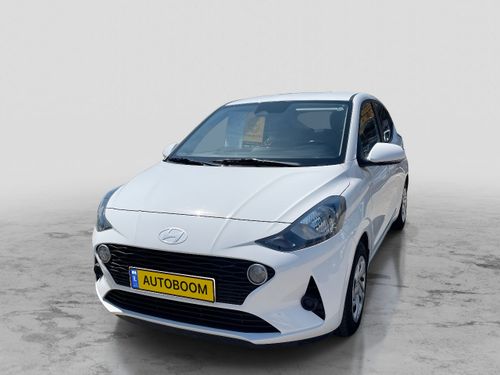
Hyundai i10, 2024
₪ 85 050
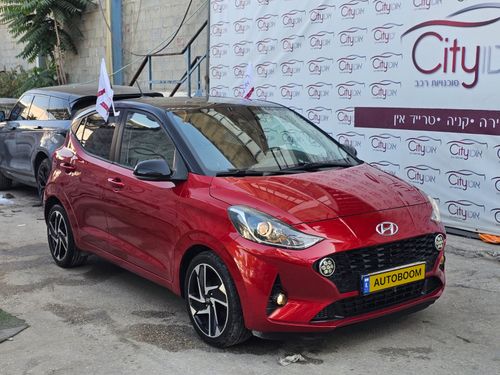
Hyundai i10, 2020
₪ 61 900
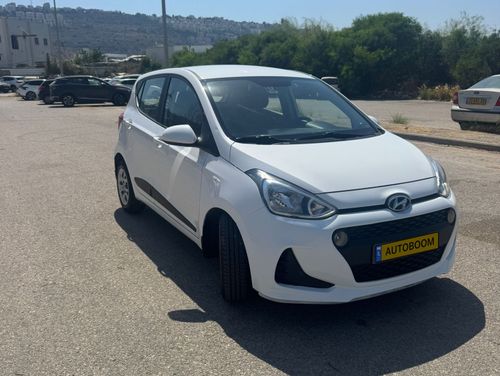
Hyundai i10, 2019
₪ 49 000
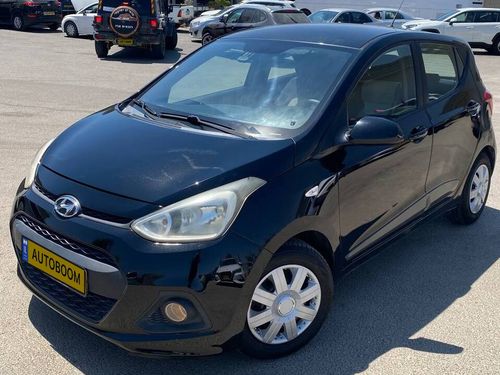
Hyundai i10, 2016
₪ 31 900
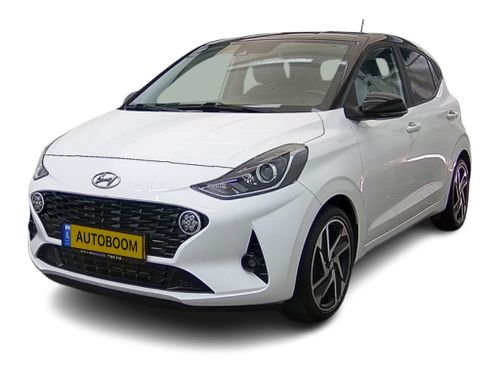
Hyundai i10, 2022
₪ 71 700
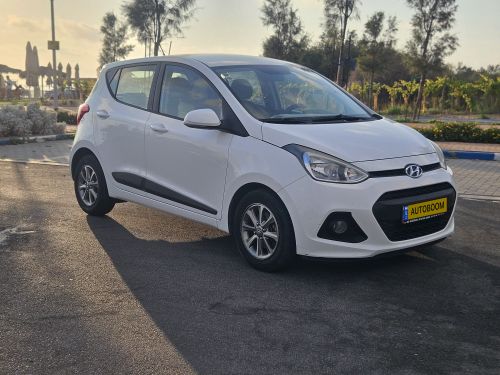
Hyundai i10, 2016
₪ 41 500
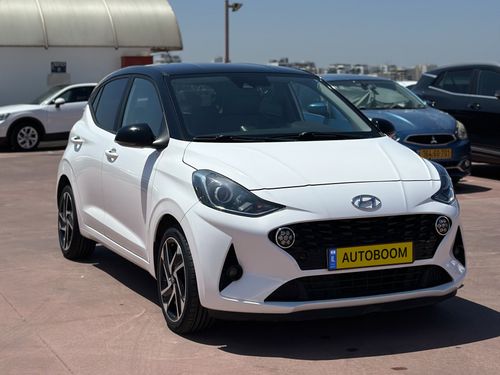
Hyundai i10, 2021
₪ 68 000
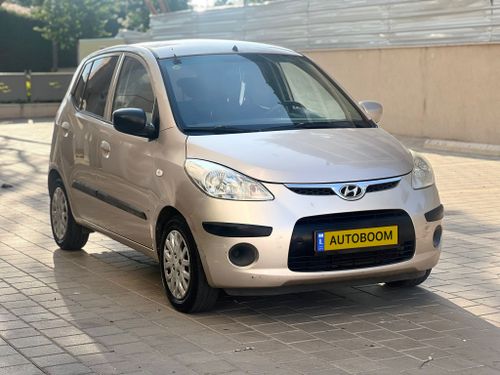
Hyundai i10, 2010
₪ 13 500
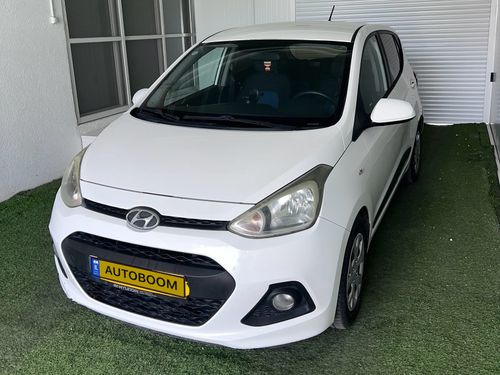
Hyundai i10, 2015
₪ 19 000
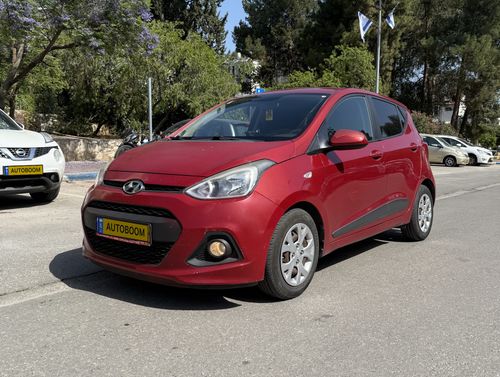
Hyundai i10, 2015
₪ 15 900
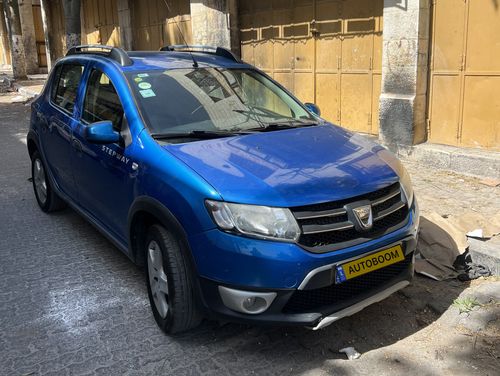
Dacia Sandero, 2015
₪ 15 000
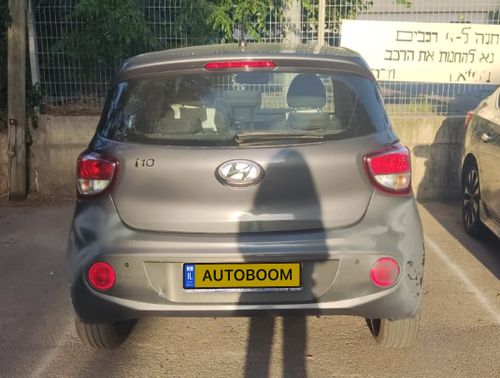
Hyundai i10, 2018
₪ 40 000
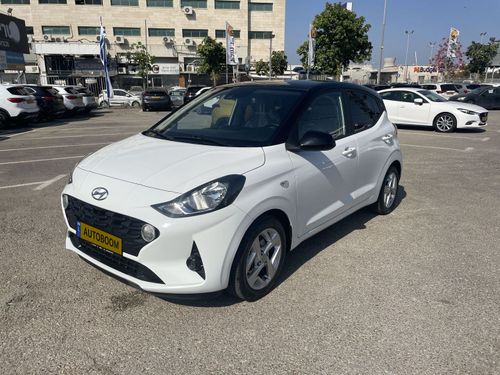
Hyundai i10, 2021
₪ 63 555

Hyundai i10, 2024
₪ 79 305

Hyundai i10, 2022
₪ 71 995

Hyundai i10, 2022
₪ 65 405
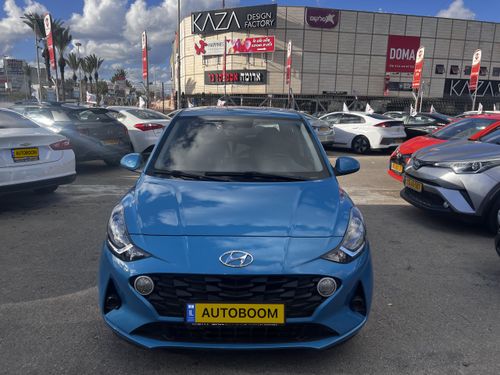
Hyundai i10, 2021
₪ 56 900

Hyundai i10, 2016
₪ 30 000

Dacia Sandero, 2016
₪ 18 250
Compare similar cars Dacia Sandero and Hyundai i10
Dacia Sandero and Hyundai i10 are two popular cars, each with its own unique advantages and features. The choice between Dacia Sandero and Hyundai i10 depends on the driver's needs and preferences.Dacia Sandero and Hyundai i10 are two popular cars, each with its own unique advantages and features. The choice between Dacia Sandero and Hyundai i10 depends on the driver's needs and preferences.
